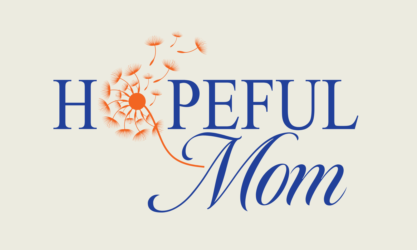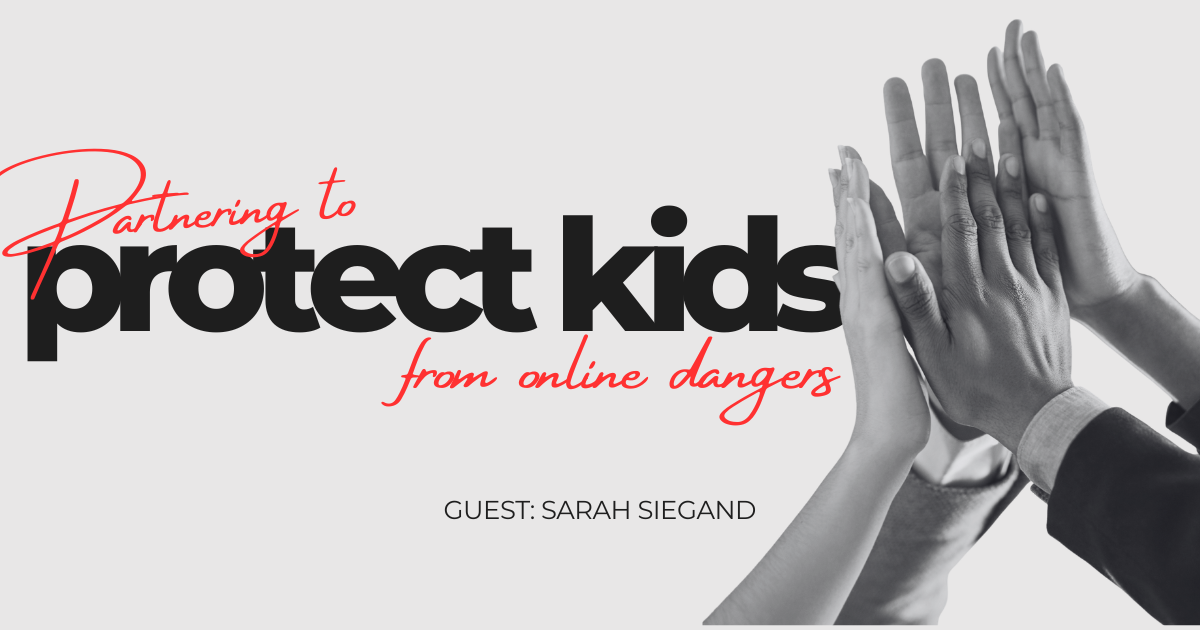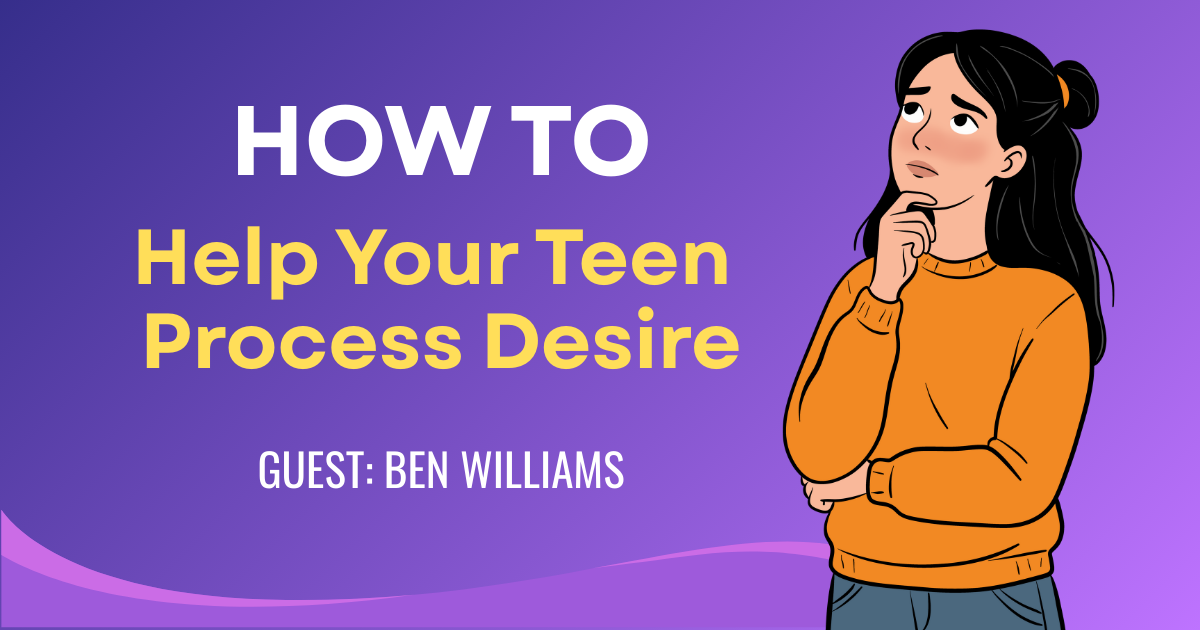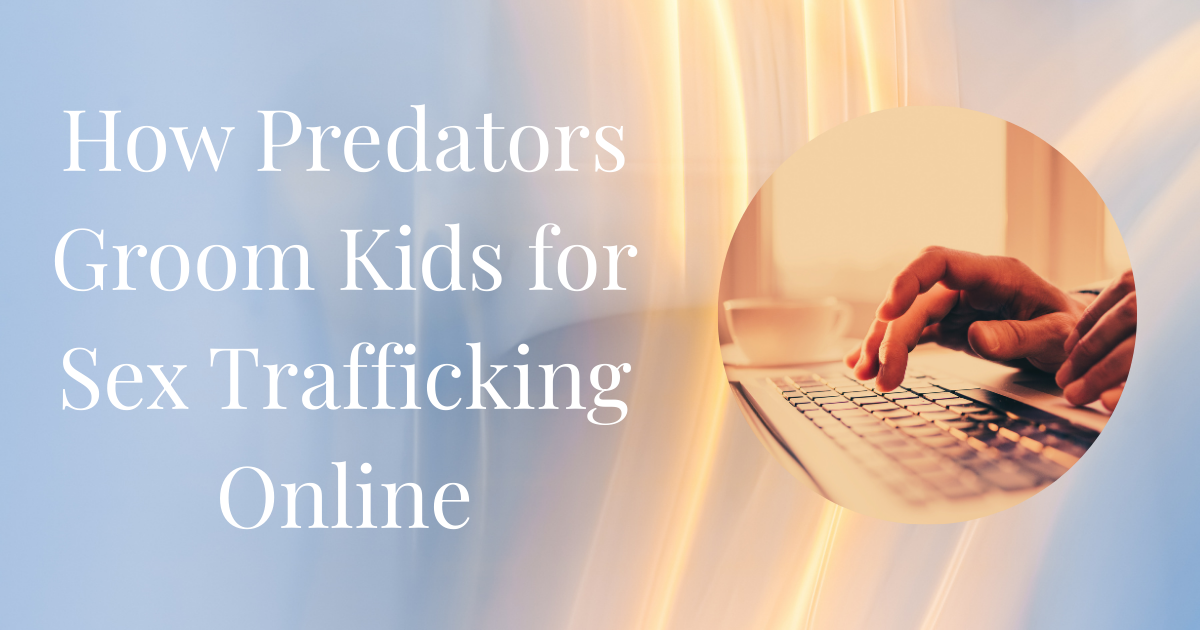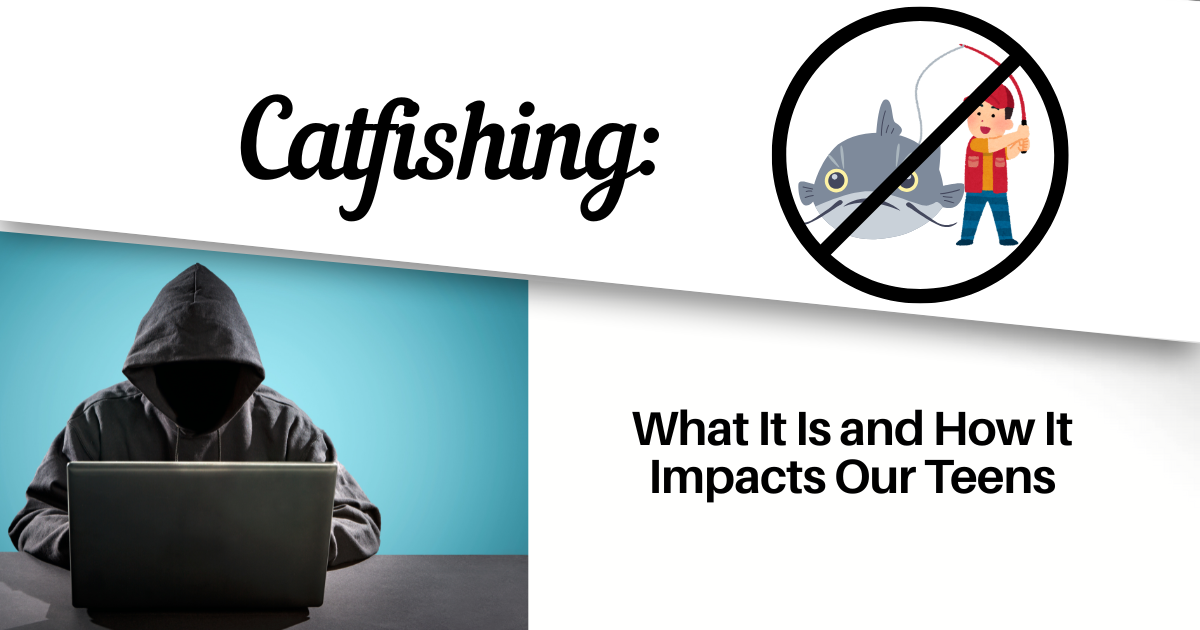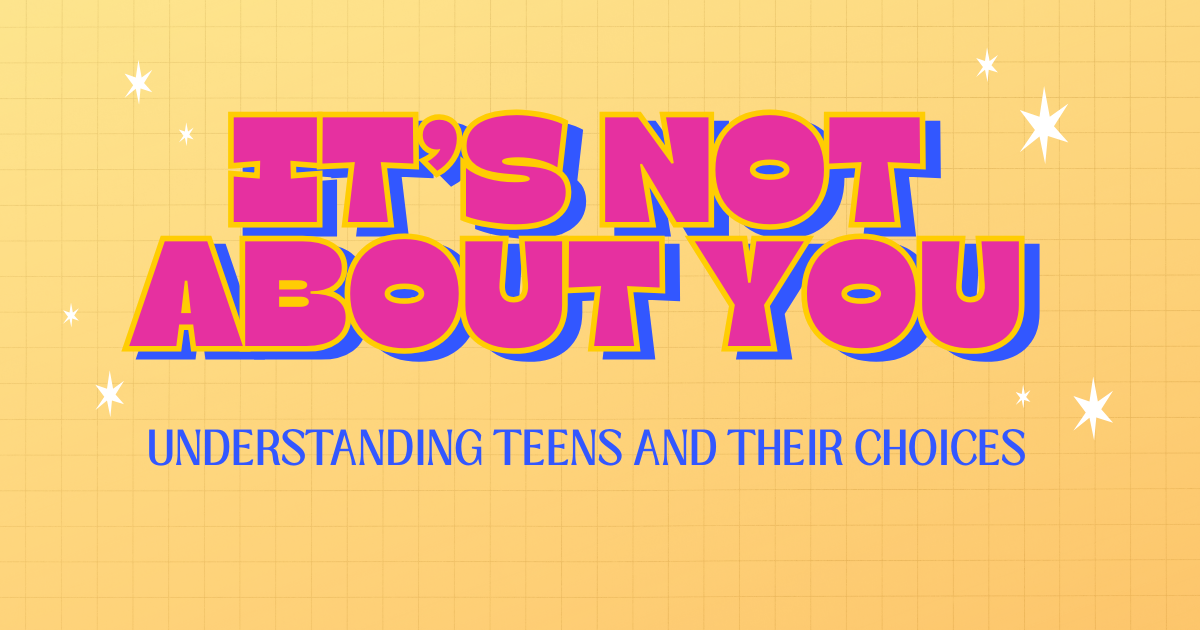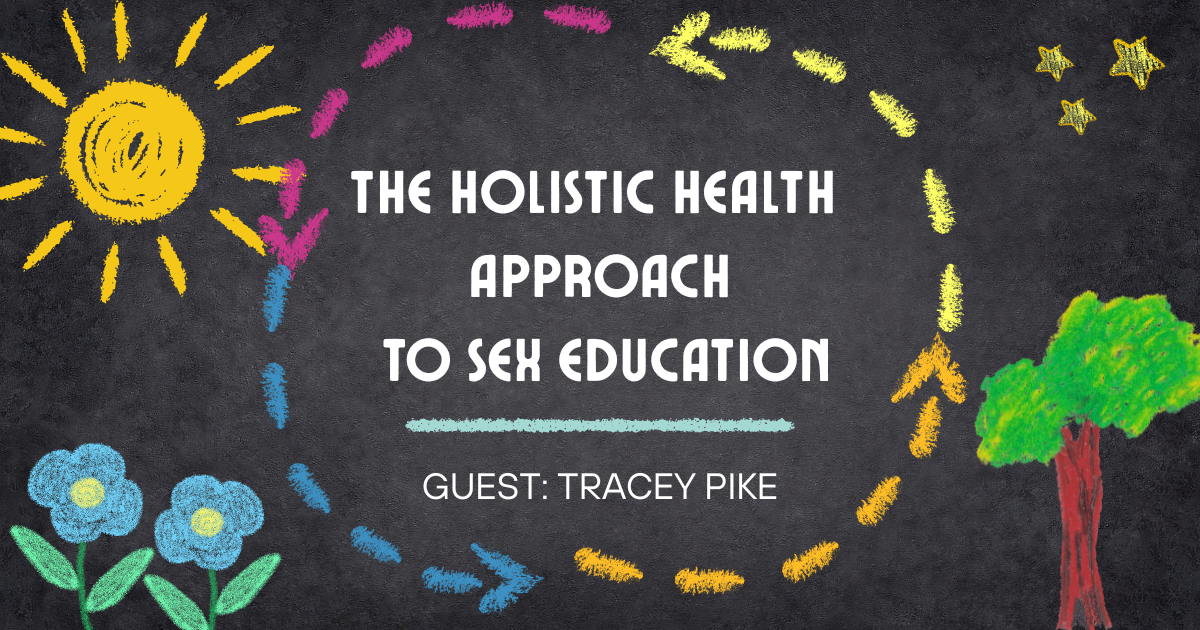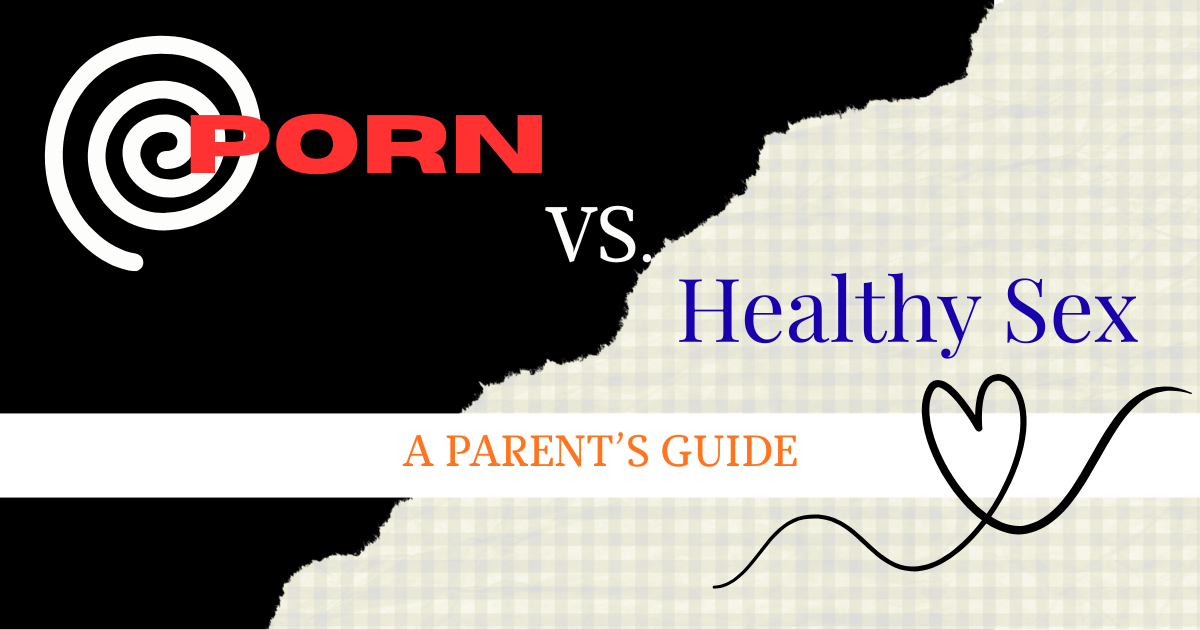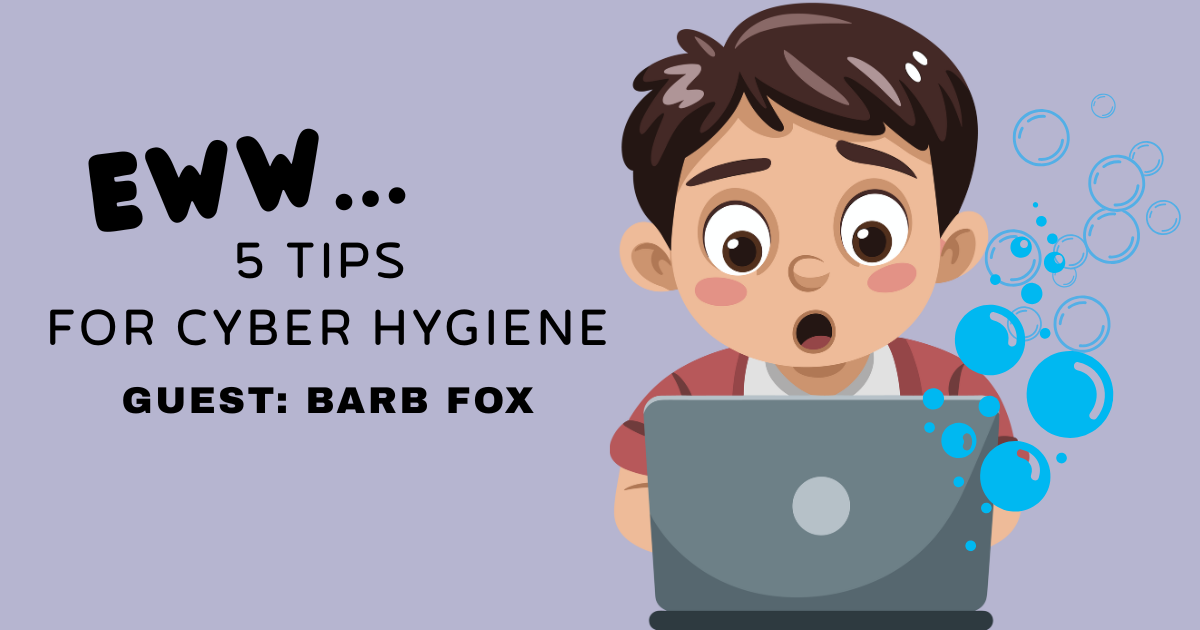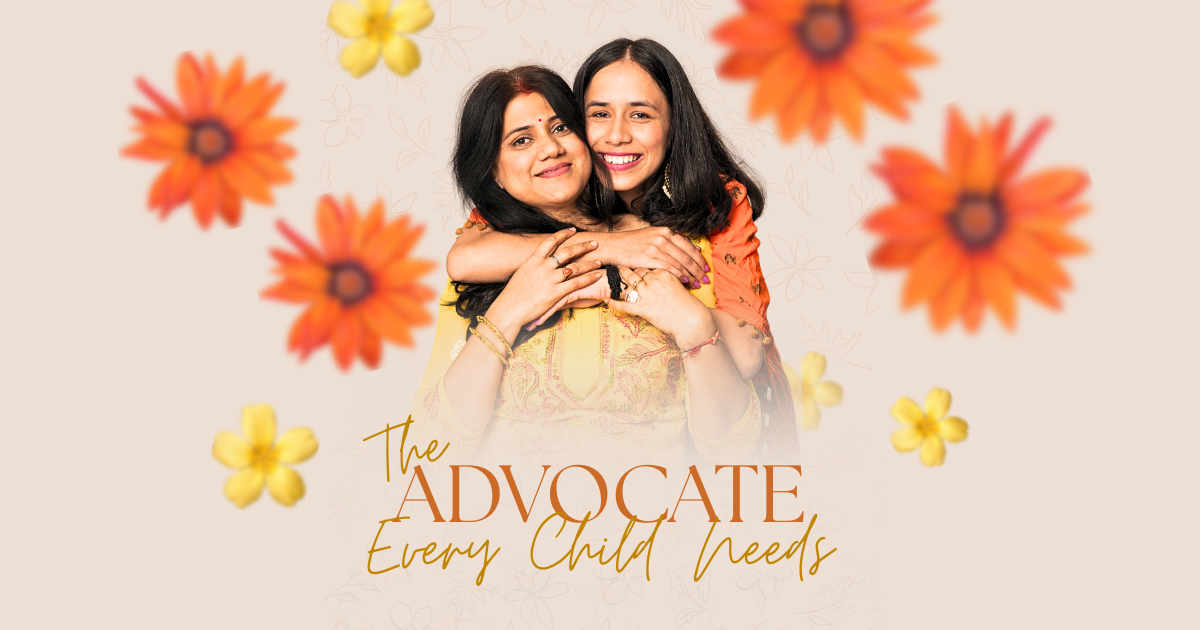My good friend Sarah Siegand is with us again. She’s an expert at helping parents with their tech issues. She recently launched a book for student ministry leaders. In this post she reminds us that the Church is not immune from technology problems, so we should speak up and ask the Church to stand with us in this fight.
Research continues to prove that excessive screen time and exposure to harmful content have created a mental, emotional, and spiritual health epidemic among young people. From the former U.S. Surgeon General to congressional leaders across party lines, from Big Tech whistleblowers to grieving parents, the message is clear: our kids are in crisis.
Continue reading “Partnering to Protect Kids from Online Dangers”
